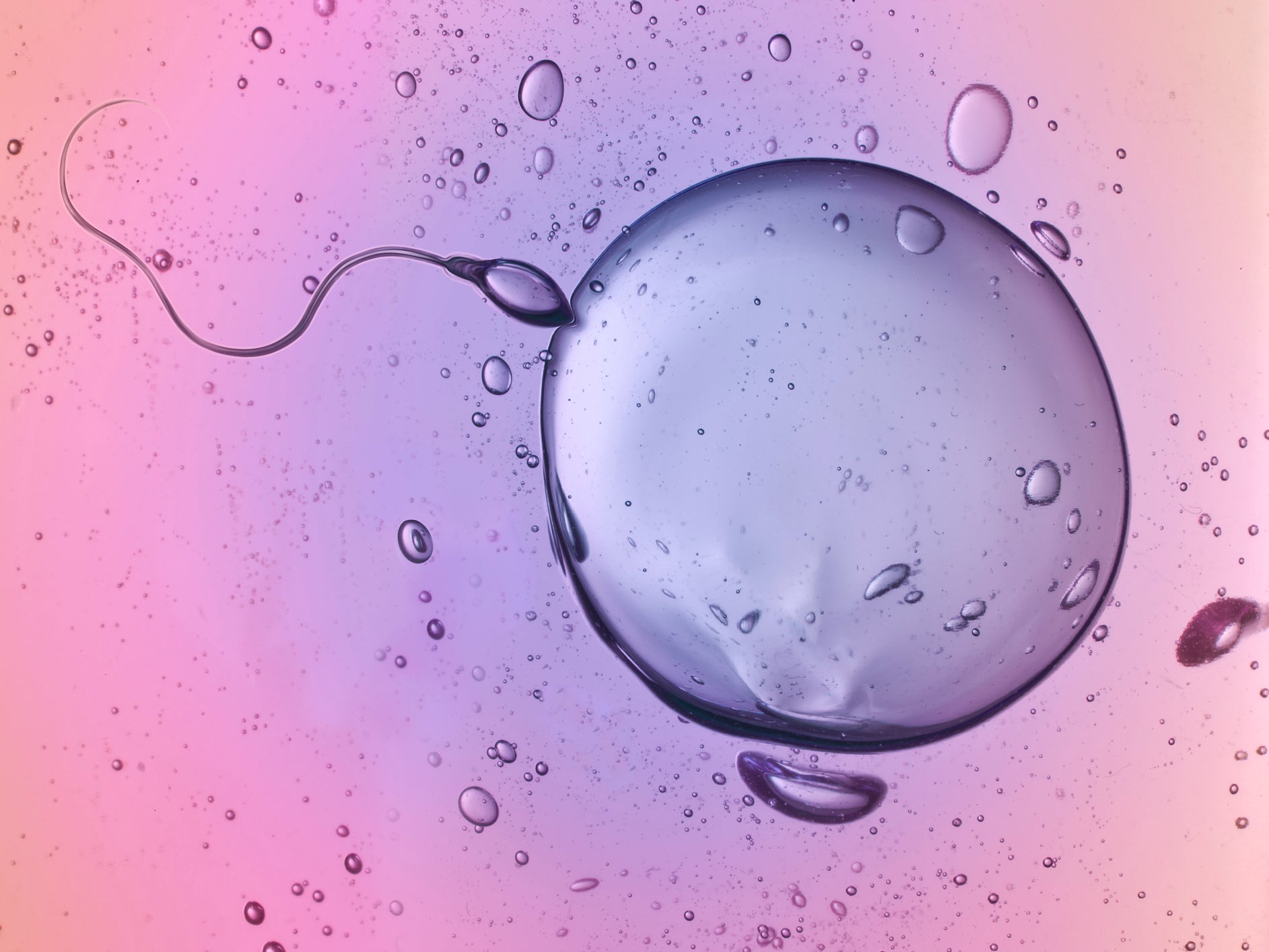Egg freezing considered by almost half of young women, study finds
‘Many young women are acutely aware that they may experience difficulties conceiving and worry about this’

Your support helps us to tell the story
From reproductive rights to climate change to Big Tech, The Independent is on the ground when the story is developing. Whether it's investigating the financials of Elon Musk's pro-Trump PAC or producing our latest documentary, 'The A Word', which shines a light on the American women fighting for reproductive rights, we know how important it is to parse out the facts from the messaging.
At such a critical moment in US history, we need reporters on the ground. Your donation allows us to keep sending journalists to speak to both sides of the story.
The Independent is trusted by Americans across the entire political spectrum. And unlike many other quality news outlets, we choose not to lock Americans out of our reporting and analysis with paywalls. We believe quality journalism should be available to everyone, paid for by those who can afford it.
Your support makes all the difference.Almost half of young women would consider freezing their eggs in future, new research has shown.
The data, which has been released by the Royal College of Obstetricians and Gynaecologists (RCOG), demonstrates the concern that many young women feel about their fertility.
According to the study, 25 per cent of women aged between 18 and 24 are worried about their ability to conceive, a concern also shared more widely by 49 per cent of women of all ages in the UK.
Three out of five women also admit to feeling overwhelmed by the amount of information on offer to them about fertility, while more than three quarters aren't sure whether the fertility information they hear is impartial.
Professor Lesley Regan, president of the RCOG, emphasises the importance of ensuring women feel they are receiving accurate and reliable guidance when considering having a baby.
“Trying for a baby can be an incredibly stressful time for some. This new data echoes what we have been hearing from women and patients for many years," Professor Regan says.
“It is vital that women and couples have access to accurate, evidence-based, impartial and expert advice which is why we have brought together renowned experts, patients and partners together in one location for our very first Fertility Forum event.”
The poll of 1,002 women was carried out in order to promote the inaugural Fertility Forum, an event organised by the RCOG, the Human Fertilisation and Embryology Authority (HFEA) and the British Fertility Society (BFS).
The aim of the event is to bring together experts, medical professionals and members of the public to discuss issues regarding fertility.
The study also discovered that a fifth of women have used a fertility app, with almost a third saying they'd consider using one in future.
Furthermore, more than a quarter of women would consider fertility coaching, which may involve guidance with regards to infertility or IVF.
Sally Cheshire, chair of HFEA, outlines the organisation's commitment to providing women with unbiased information concerning fertility treatments.
"I know from personal experience as a former patient how difficult it is to find impartial, evidence-based information so that you can make informed choices about the right fertility treatment for you," Ms Cheshire says.
"The HFEA is delighted to be joining the Fertility Forum, giving patients the opportunity to ask questions, hear from experts and find out about our latest data on all aspects of fertility treatment and donation."
Clare Murphy, director of external affairs at the British Pregnancy Advisory Service (BPAS), explains why it's important to ensure information about fertility is provided "carefully".
"It’s often suggested that women are ignorant about the decline in fertility as they get older – if anything many young women are acutely aware that they may experience difficulties conceiving and worry about this – often without any good reason," Ms Murphy states.
"Women deserve high quality, evidence-based information about fertility communicated in a respectful way to help inform their decisions across their reproductive lifecourse.”
In 1978, Louise Brown became the first person in the world to be born through In Vitro Fertilisation. Read her story, in her own words, here.
Join our commenting forum
Join thought-provoking conversations, follow other Independent readers and see their replies
Comments